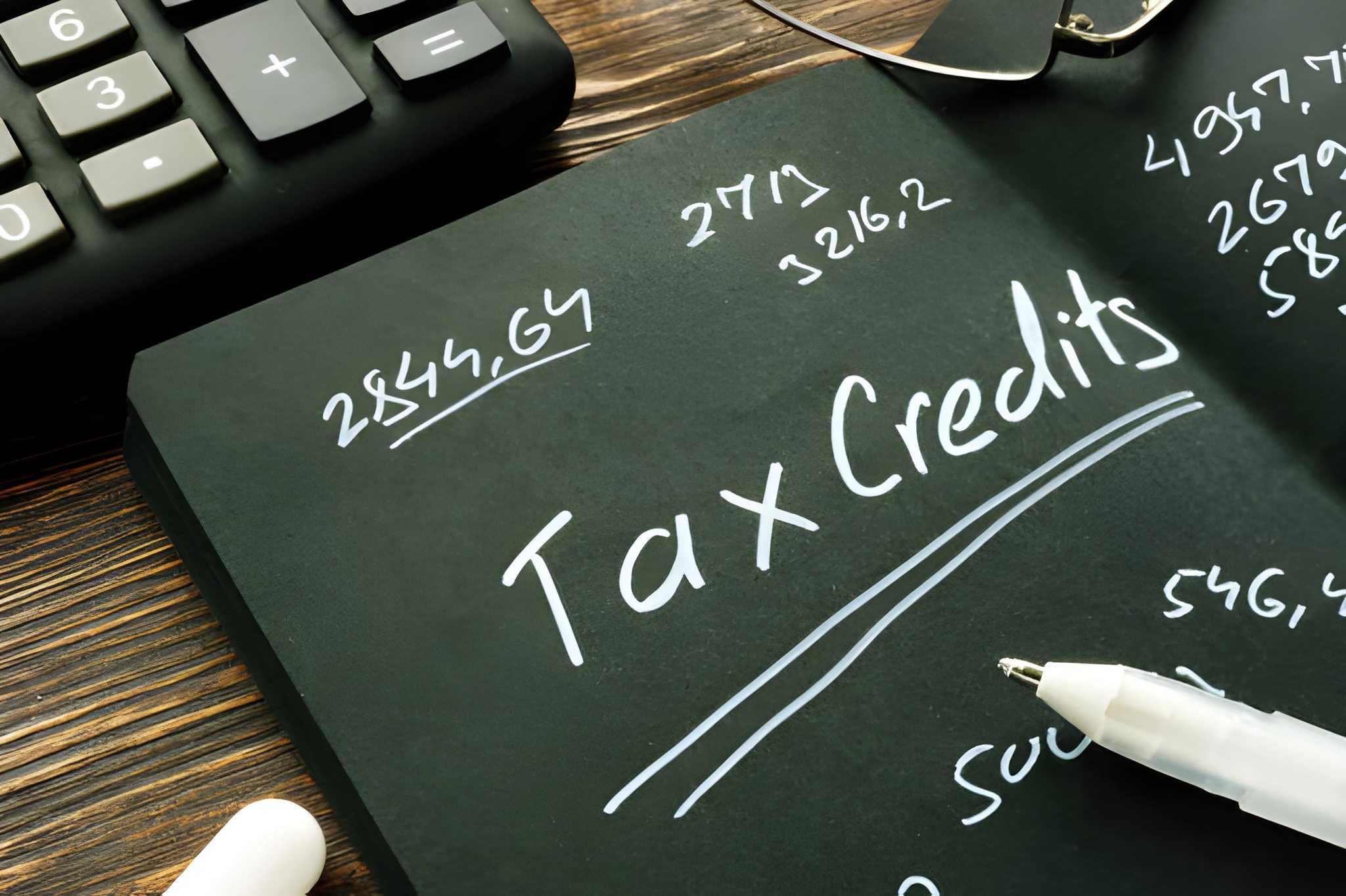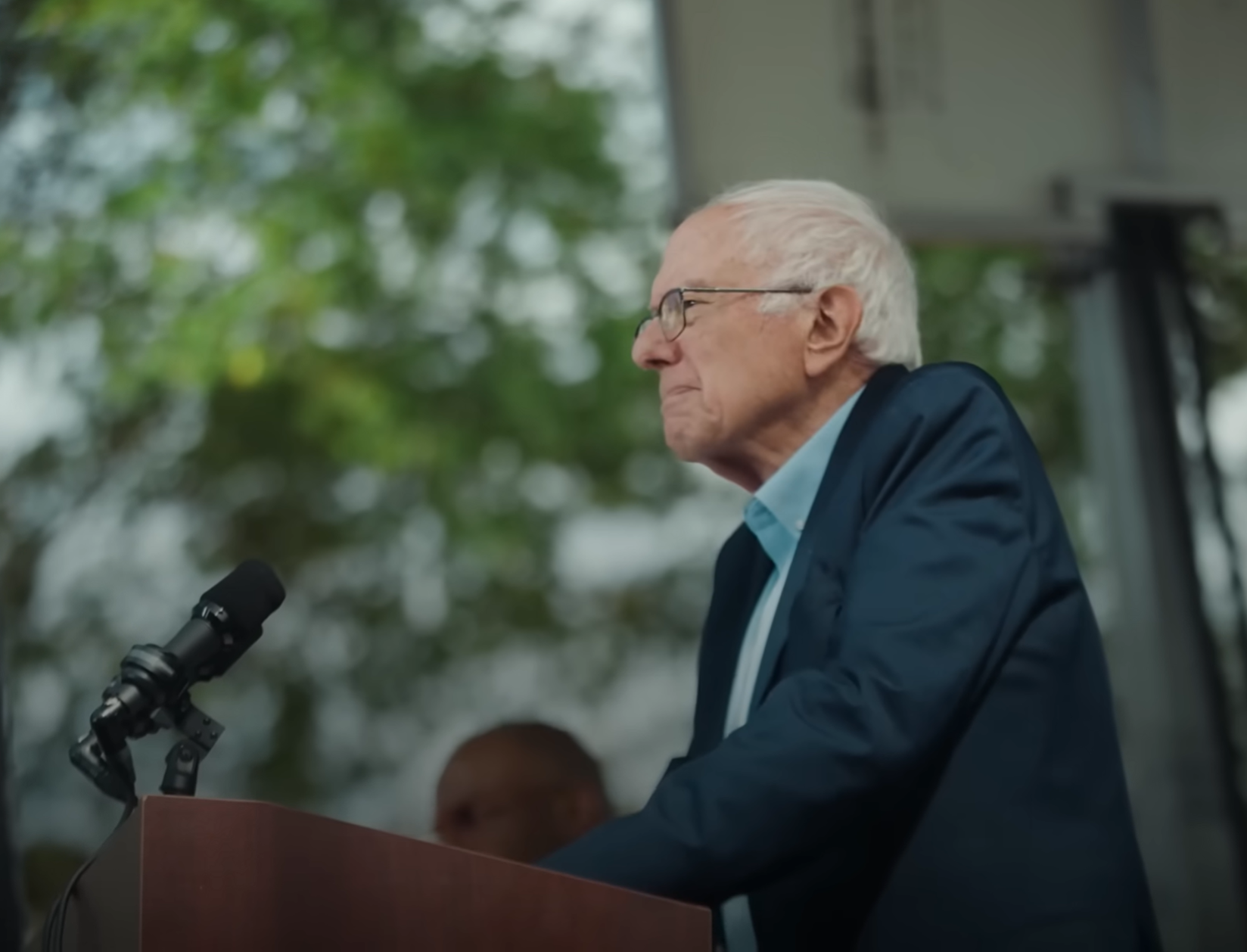(Updated: July 6, 2020 – 2:55 pm EDT.)
On Saturday, July 4, President Donald Trump signed a bill extending the Paycheck Protection Program through August 8. The House and Senate passed the bill last week.
The PPP is a small business loan program intended to help keep these employers afloat during the pandemic. To date, nearly 5 million small businesses have received more than $520 billion in assistance. The loans can be forgiven if the businesses follow certain conditions.
Both houses of Congress and the White House are discussing additional stimulus options. Last month, the House passed the Heroes Act, which would include more direct payments to taxpayers, as well as aid to local governments.
(Previous article:)
On Wednesday night (July 1), the U.S. House of Representatives passed a bill to extend the Paycheck Protection Program until August 8. The move follows the passage of a similar bill in the U.S. Senate on Tuesday evening. Having been approved by both houses of Congress, the bill now heads to President Trump’s desk to be enacted.
The Paycheck Protection Program is an economic stimulus action that provides forgivable loans to small businesses that have been impacted by Covid-19.
“Throughout the process, SBA showed a lack of understanding of the challenges facing small businesses related to COVID-19,” House Small Business Committee Chair Nydia M. Velázquez, D-N.Y., said during a hearing on the program Wednesday, as reported by USA Today.
In the Senate, the bill passed by unanimous consent, despite disagreement over the measure earlier in the day. While the last minute extension of the stimulus package was not expected, the House of Representatives is expected to pass the measure, which would then head to President Trump.
To date, the program has loaned about $520 billion in aid, and has about $130 billion remaining that has already been allocated by Congress.
“There are millions of small businesses that are barely open now,” Sen. Chris Coons (D-Del.) told Politico. “With the likelihood of either renewed closures or much slower reopenings, we have literally millions of small businesses nationwide at risk.”
Thanks for reading CPA Practice Advisor!
Subscribe Already registered? Log In
Need more information? Read the FAQs
Tags: Income Taxes, Small Business, Taxes




